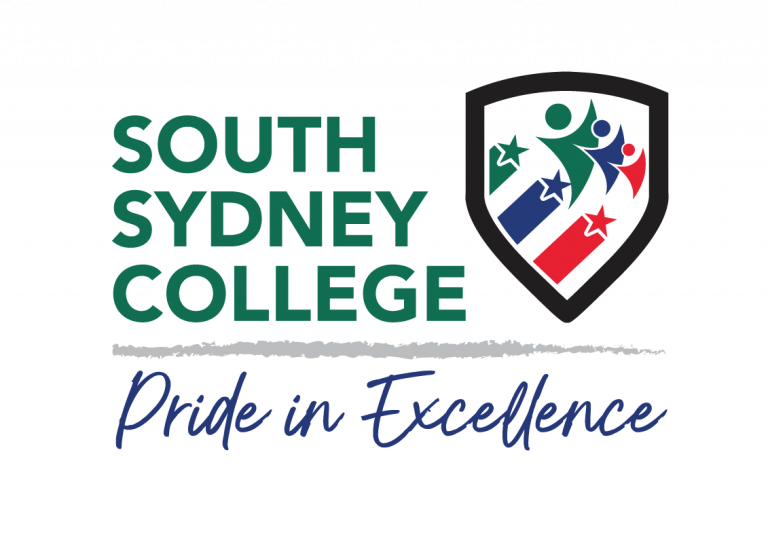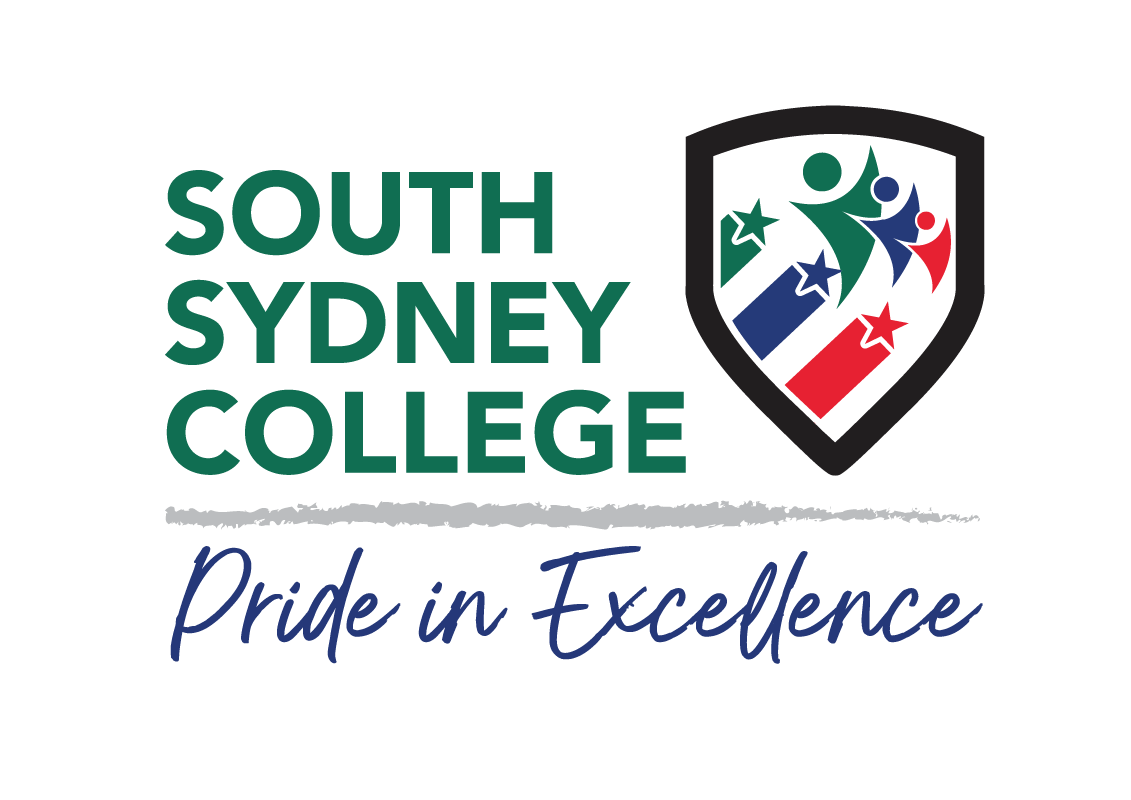ICT60220 | 106392J
Advanced Diploma of Information Technology
(Telecommunications Network Engineering)

Course Duration
52 weeks (4 Terms)

Study Load
Full time

Study Mode
Blended (In class and Online)

Intakes
Every month

Learning portal
Assessments & all learning resources accessible via e-learning porta

Study Commitment
20 hours/week (15 hours via face to face, 5 hours via e-learning portal)
ENQUIRE
Enquire Now For A FREE Infopack
Get a complete course guide with application instructions, course fee schedule and visa assistance
Why Study With South Sydney College

Live & Study In Sydney, Australia
Attend classes with other overseas students under our expert trainers in our Sydney campus.

Nationally Recognised Qualification
SSC is a registered provider of nationally recognised and accredited training courses for both Australian and International Students.

Flexible Study Methods
We have multiple intake schedules throughout the year with a mix of face-to-face and online classes.

Primer Student Service
Our dedicated student co-ordinators are always ready to help through mentoring, tutorials, and guides while you study in Sydney.

Student VISA Support
We will guide you throughout the whole process and help you collect requirements and file your application to the Australian Government.

Industry Experienced Trainers
All expert trainers have years of experience in their field and mentor International Students every year.
Discover Australia
Australia is one of the most popular destinations for international students. With over 22,000 courses across 1,100 institutions, Australia has the best educational system in the world and is ranked 8th in the Universitas 2019 U21 Ranking of National Higher Education Systems.

Australia is ranked among top 10 countries in the world for quality of life.

Australia is the 3rd most popular study destination in the world.

Nearly half (49%) of all Australians were either born overseas or have at least one parent born overseas.

Australia’s cost of living and tuition costs are lower than US or UK.

International students are able to work part time while study, allowing them to earn valuable work experience and offset part of their living costs.

International student survey shows 86% were satisfied or very satisfied with their study experience in Australia.

6 of the world’s top universities are located in Australia.

According to QS Best Student Cities 2019, almost all of our major cities – Melbourne, Sydney, Brisbane, Canberra, Adelaide, Perth and the Gold Coast – are in the world’s top 100 student cities.

International students report almost 90% satisfaction scores for their living and study experience in Australia according to the 2018 Department of Education International Student Survey.
Google Reviews




Quentions? Enquire Now For Free!
Ask us anything about studying in Australia, how to get a Student Visa, or information about our courses (it’s free!). We’re always ready to help.
Ask us anything about studying in Australia, information about our courses, how to get a Student Visa and more. Our Course Advisor are always ready to assist.


